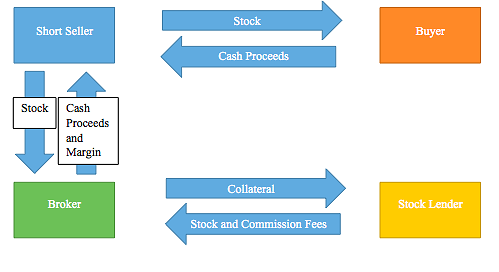Mutual Funds v Classy Finance
Post on: 12 Апрель, 2015 No Comment

- Both can offer diversification across sectors, major indexes, foreign markets, and different asset classes.
- If the sponsoring company of an ETF or mutual fund has poor financial health, then the risk of the loss of the entire principal investment increases.
- Both are dependent on market risk and volatility.
- Mutual funds include open-ended funds and closed-end funds.
- Mutual funds are passively or actively managed.
- Mutual funds have high expense ratios than ETF’s, but mutual funds do not suffer from a large decay factor.
- Most mutual funds are not publically traded on the stock market.
- The price and value of a mutual fund (net asset value) is computed daily using marking to market, and investors cannot intra-day trade mutual funds.
- Mutual funds are typically much more diverse than ETF’s, and risk profiles can be better managed.
- While hedge funds are allowed to buy options and other complex derivative securities and are not regulated by the Securities and Exchange Commission (SEC), mutual funds are not allowed to engage in these securities due to their risky nature and are heavily regulated by the SEC.
- Mutual funds often require a minimum investment.
- Among mutual funds, index mutual funds have the lowest costs and expense ratios.
- Mutual funds are professionally managed, while ETF’s simply track an index.
- Mutual funds are relatively tax inefficient but may perform better than ETF’s.
- ETF’s include open-index mutual funds, unit investment trusts, and grantor trusts.
- ETF’s typically have lower commission and transaction costs than mutual funds.
- ETF’s have a lower expense ratio than mutual funds because most ETF’s are passively managed and replicate a sector or broad index.
- ETF’s suffer from a value decay factor due to intraday trading and the bid-ask spread.
- ETF’s are publically traded on the stock market.
- Investors can both long or sell short ETF’s, and ETF’s can also be bought on margin.
- Arcane and not popular ETF’s suffer from a liquidity risk and a large bid-ask spread.
- ETF’s have more transparency to investors than mutual funds.
- Leveraged ETF’s can incur increased volatility and stress in an investor’s portfolio.
- ETF’s have a favorable tax advantage to investors because less capital gains are realized and therefore taxed.
- Because of the decay factor for ETF’s, arbitrage opportunities may be present.
- The most popular ETF’s track the S&P 500, Dow Jones Industrial Average, and Nasdaq 100 Index (this is also known as tracking the Spiders, Diamonds, and Cubes).
More from this section














